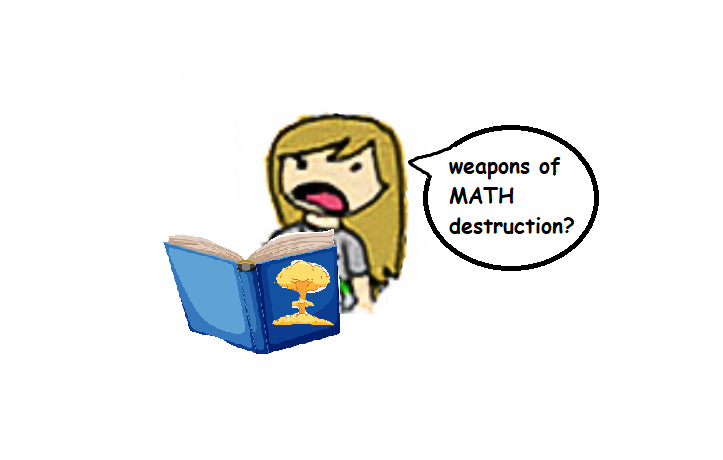
Opinion: Weapons of Math Destruction by Cathy O'Neil
A few of my opinions on the famous book by Cathy O'Neil.

Weapons of Math Destruction
Catchy O’Neil
Weapons of Math Destruction by Cathy O’Neil is a book that explores the ways in which machine learning models can have negative impacts on society and individuals. The book examines the use of these models in a education, employment, criminal justice, and other such areas.
One aspect of the book that I particularly appreciated was its clear and accessible writing style. Despite dealing with complex topics, O’Neil manages to explain them in a way that is easy to understand, even for readers without a strong background in mathematics. This makes the book accessible to a wide audience and helps to ensure that its message reaches as many people as possible. I felt that the commentary of the justice system and predictive policing was interesting, reminding me of a movie called “The Minority Report” where society has advanced enough to the point where people can predict who will commit crimes and arrest them before the crime can occur. While obviously, the movie is far removed from current-day technology, and is not near a perfect analogy to what her point was, I can see the logic in the points she makes about potentially keeping people “down.” I think there is validity in the worry of not giving people a chance to redeem themselves, by keeping individuals in the justice system through longer sentences, harsher sentences, which can perpetuate itself.
However, one criticism I have of the book is that it sometimes feels overly alarmist. While there are certainly examples of mathematical models that have had negative consequences, the book sometimes seems to suggest that all uses of such models are inherently dangerous. I think a more nuanced approach would have been more effective in making the book’s point. Additionally, to me, the idea of creating predictive models is exciting, and overall can be a really good thing, so it was a little boring and tedious to read about cautions instead of
Overall, it raises interesting questions about the use of models and big data for important, potentially life-altering decisions. However, readers should approach the book with a critical eye and be prepared to engage with its arguments on a deeper level. I feel that many data scientists, in an effort to preserve and create good and accurate data, come off fear-mongering rather than excited to make the use of models better. I would rate this book a 3 out of 5 stars.
I used ChatGPT to help me write this report, but all opinions included are ones I believe, or have altered from the original ChatGPT output to match my feelings. Examples and comparisons to pop culture or otherwise are my own.